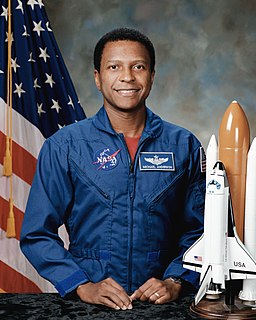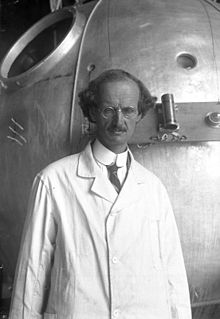A Quote by Henry Spencer
Developing expendable rockets is always going to be painful and expensive. Throwing the whole rocket away on each attempt not only costs a lot, it also hampers figuring out just what went wrong because you don't get the rocket back for inspection.
Related Quotes
The expense of getting into space is the rocket launch, the rocket itself. Rocket's right now, commercial rockets cost probably somewhere between $50, or $120, or $150 million per launch. And those are all expendable. That is, you've got to buy a new rocket for each launch. So, that really is the critical part. If there was some kind of really, a revolutionary breakthrough and the price of rockets fell by an order of magnitude, I mean, just imagine what that would do as far as getting access to more ordinary people.
Eventually private enterprise will be able to send people into orbit, but I suspect initially it's going to have to be with NASA's help. Whether it's going to be a consortium or one entity remains to be seen. I could be wrong. I could be one of the old fogies! Rocket science is tough, and rockets have a way of failing. It happens. A company has to be willing to bear the risk of its rocket failing. It's a very large capital investment.
For me, a rocket is only a means--only a method of reaching the depths of space--and not an end in itself... There's no doubt that it's very important to have rocket ships since they will help mankind to settle elsewhere in the universe. But what I'm working for is this resettling... The whole idea is to move away from the Earth to settlements in space.
Indeed the early history of rocket design could be read as the simple desire to get the rocket to function long enough to give an opportunity to discover where the failure occurred. Most early debacles were so benighted that rocket engineers could have been forgiven for daubing the blood of a virgin goat on the orifice of the firing chamber.
I think I was always able to laugh a lot at the industry - to be detached from it, even if some of the other models weren't. Jeez - it's hardly rocket science, is it? It's not as if you can get to be a better model..... .you can either get away with it, or you cant? And most of them were also acutely aware of the passage of time.....and how it would affect their careers.
On Apollo 11 in route to the Moon, I observed a light out the window that appeared to be moving alongside us. It was either the rocket we had separated from, or the 4 panels that moved away when we extracted the lander from the rocket and we were nose to nose with the two spacecraft. So in the close vicinity, moving away, were 4 panels. And i feel absolutely convinced that we were looking at the sun reflected off of one of these panels.




































